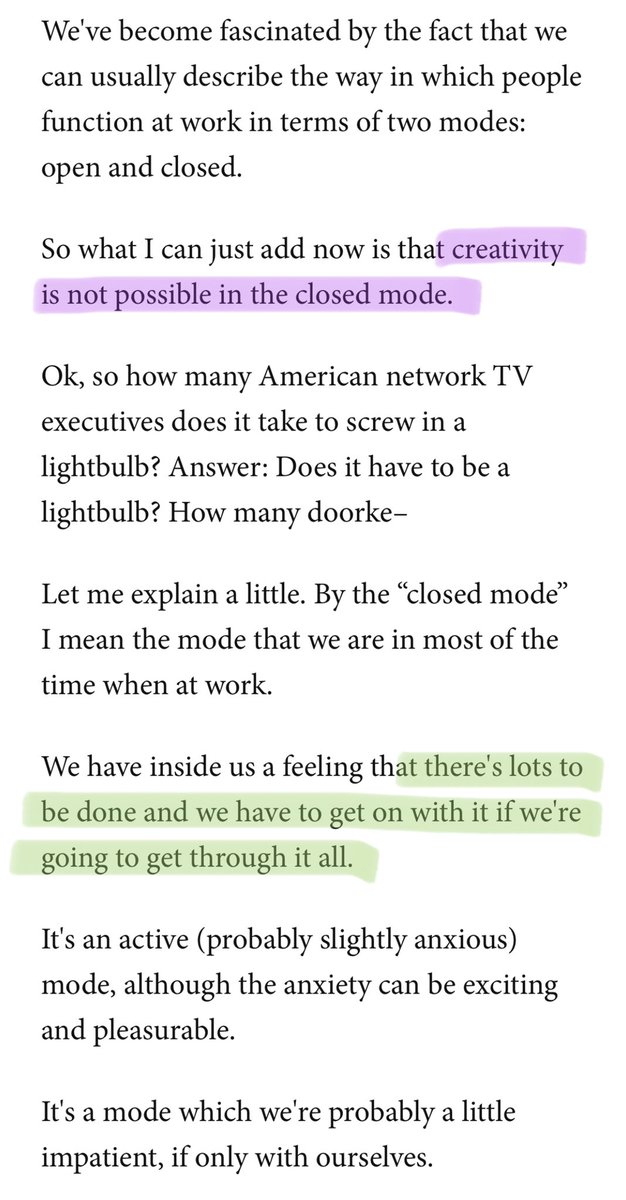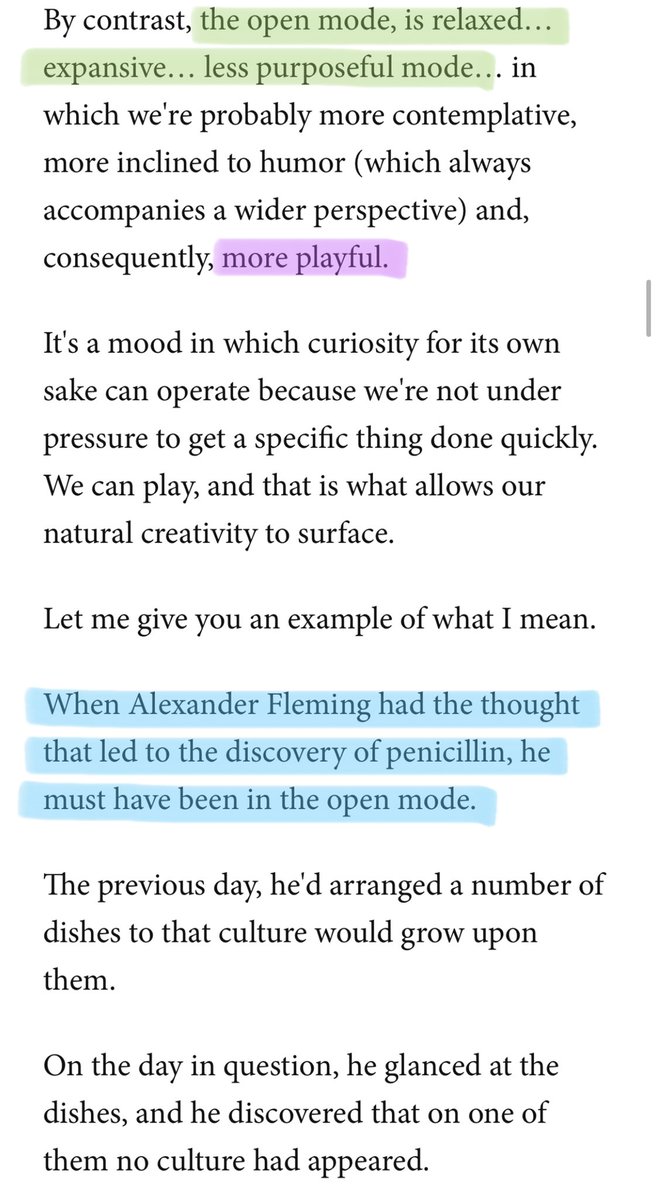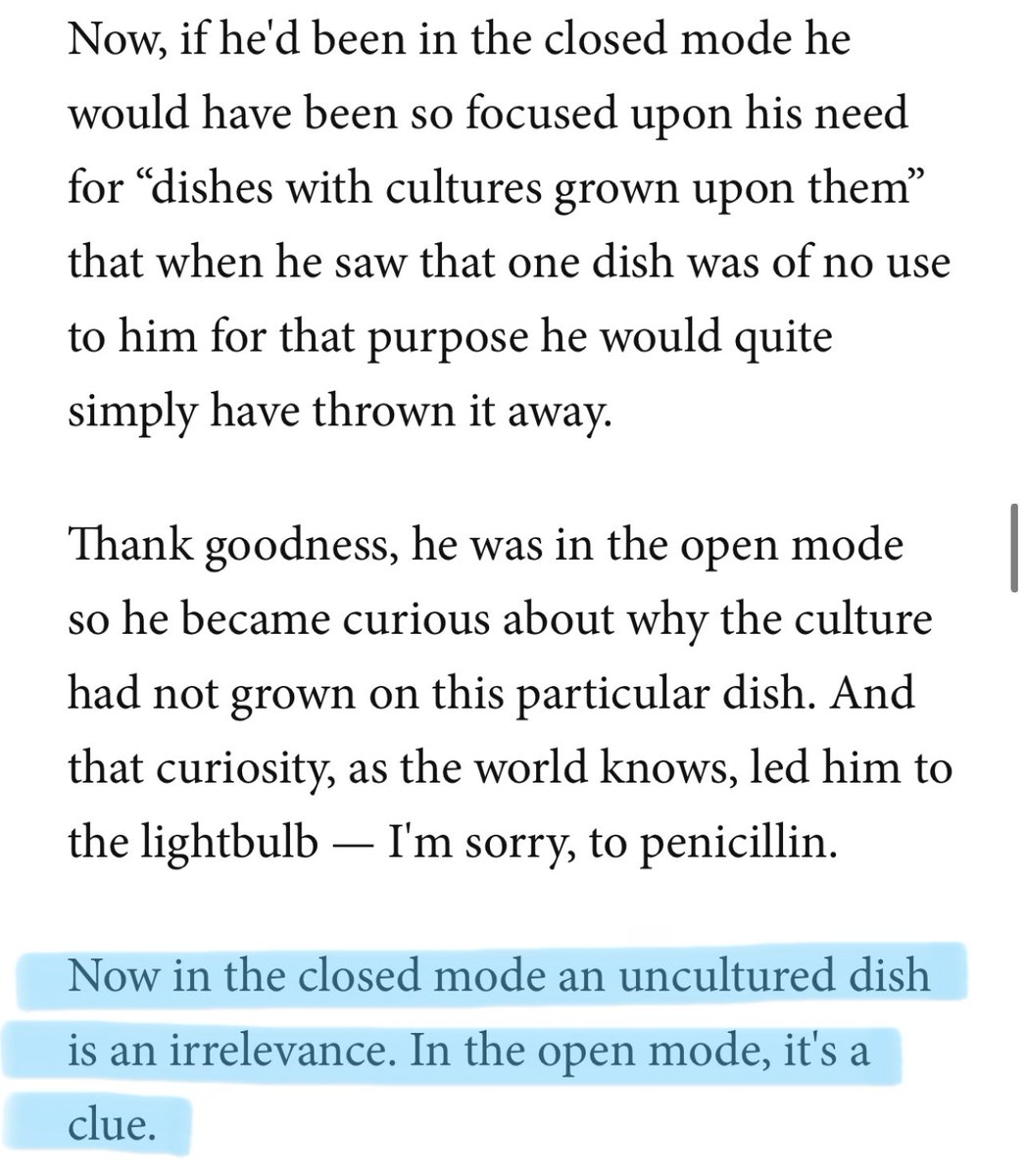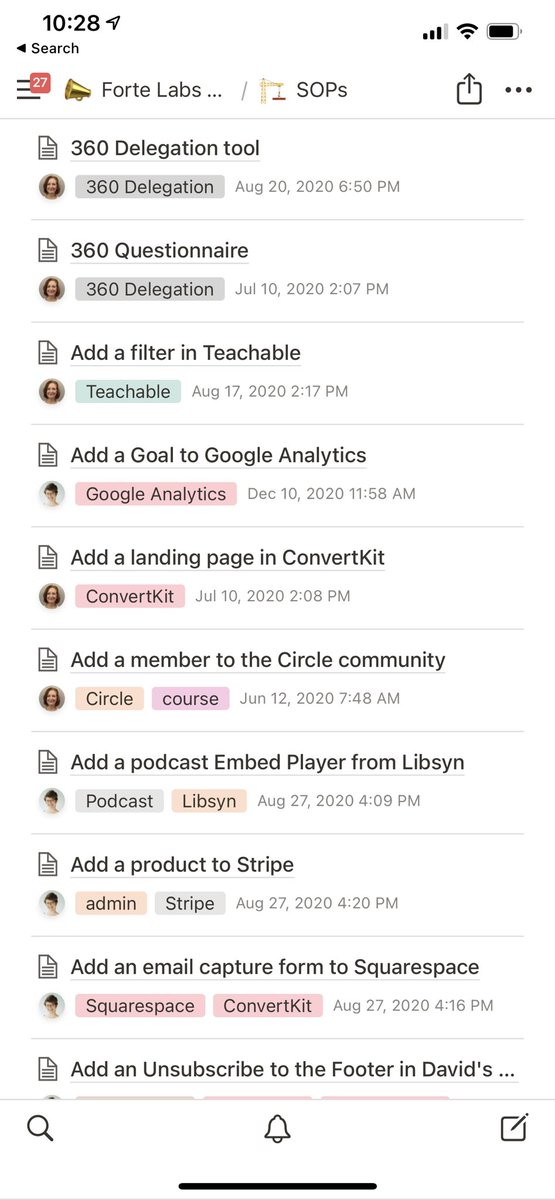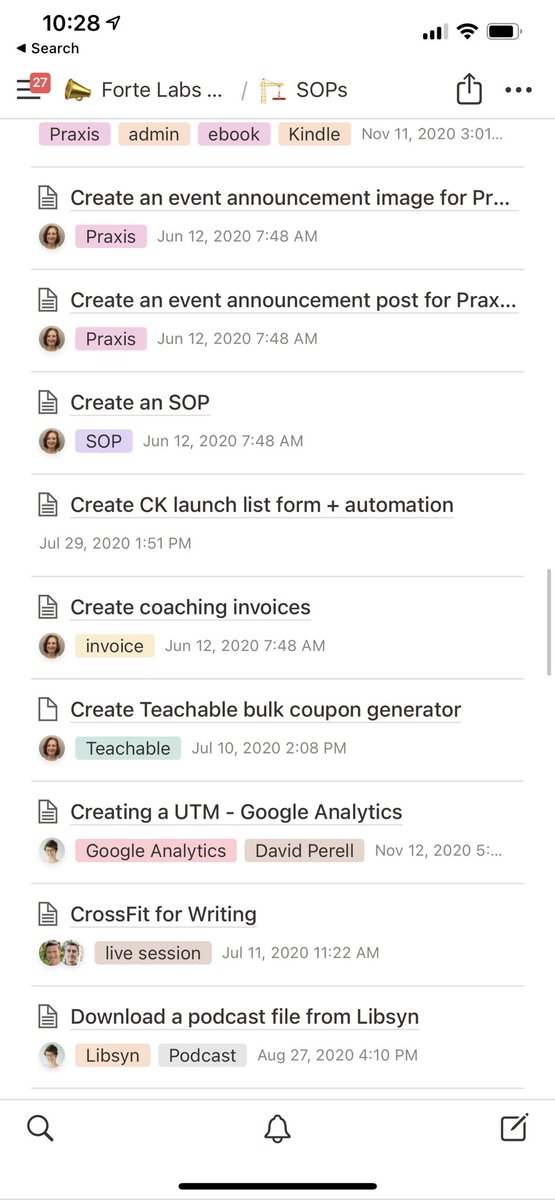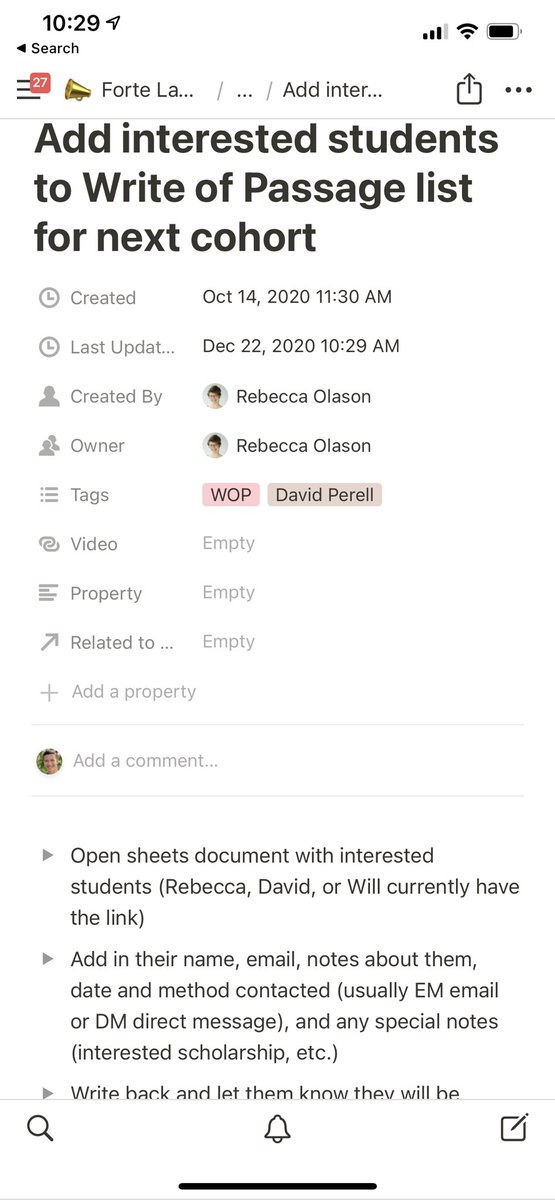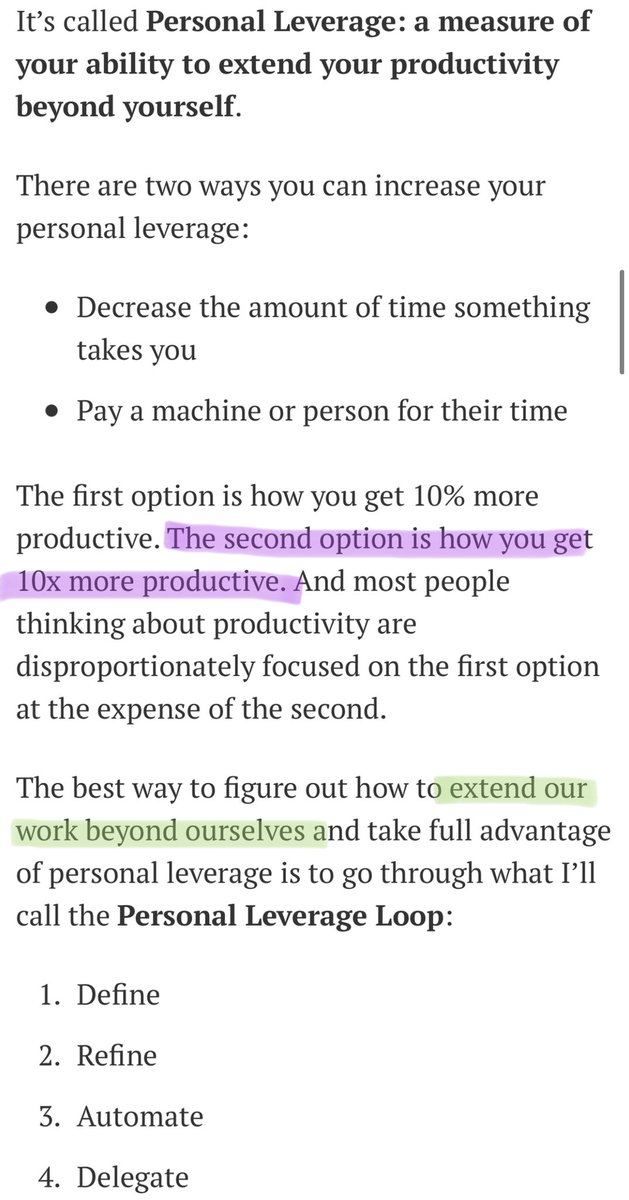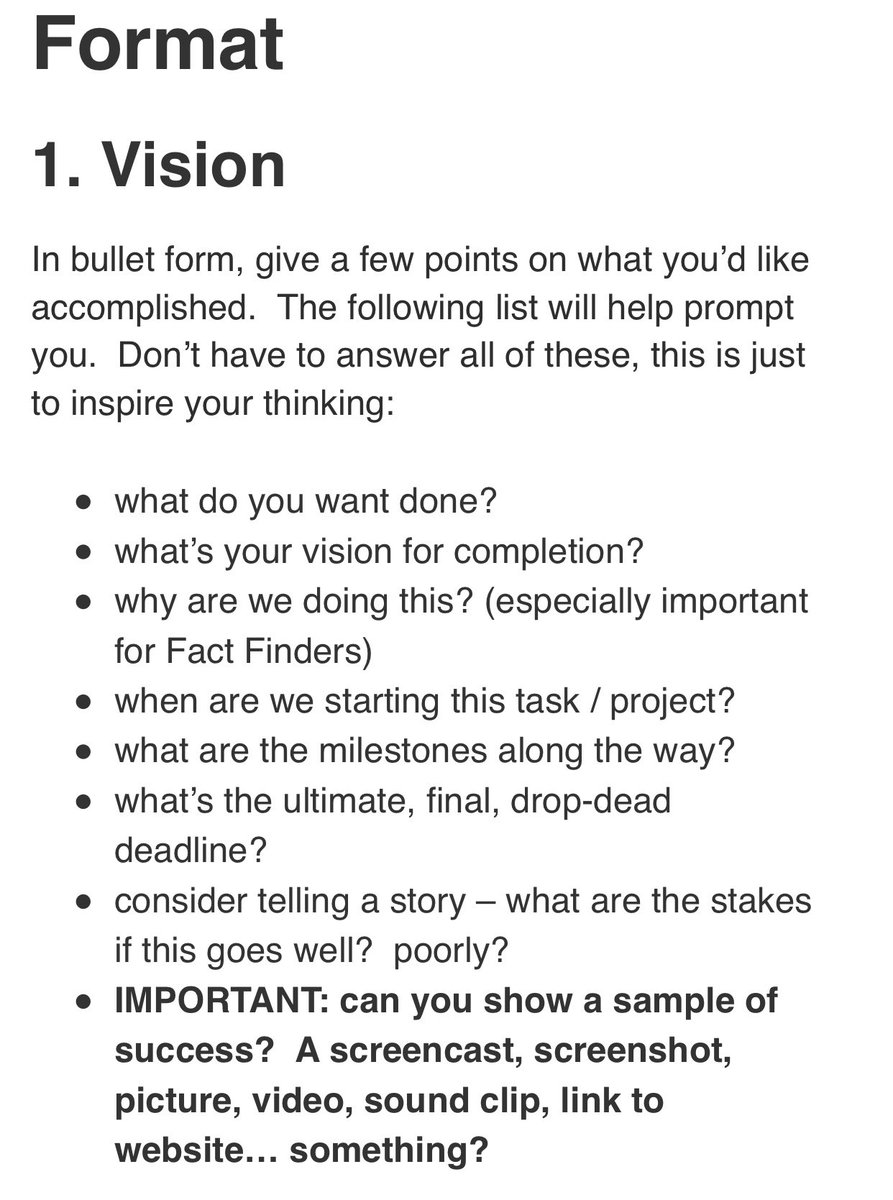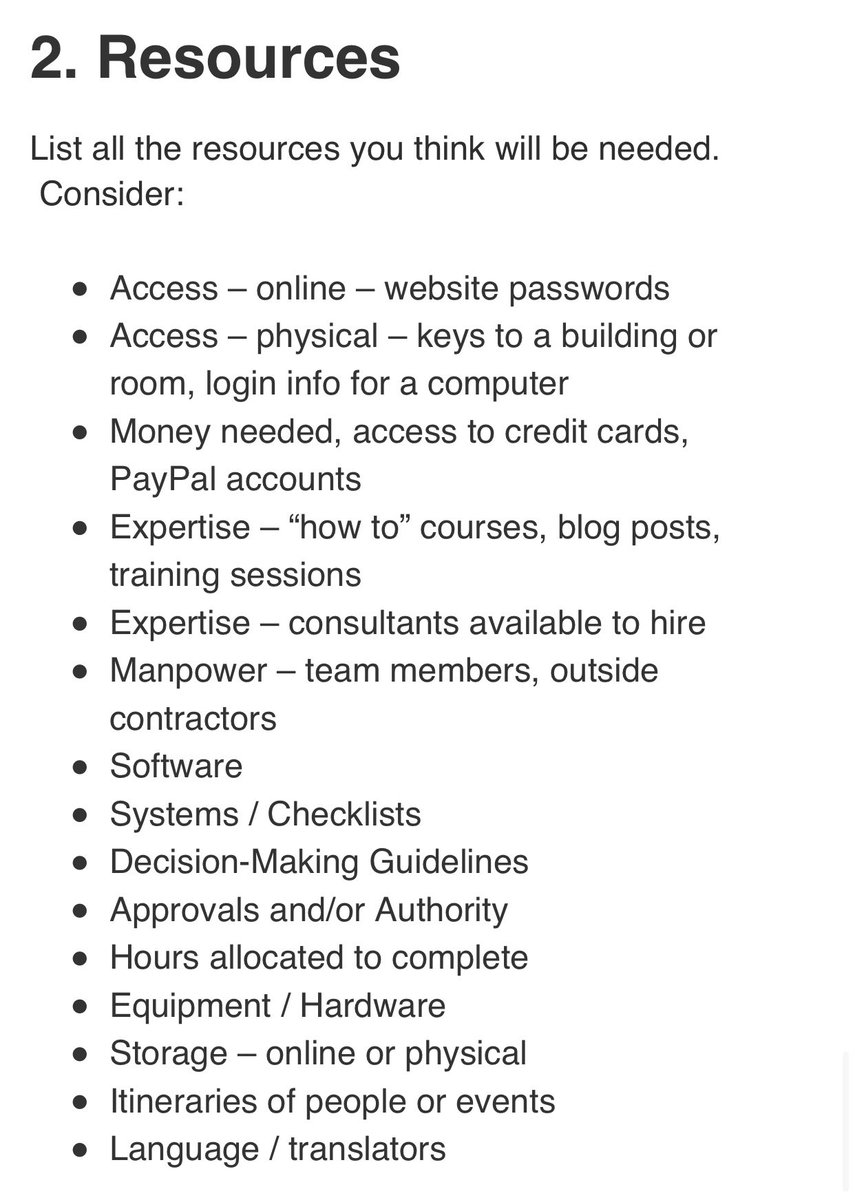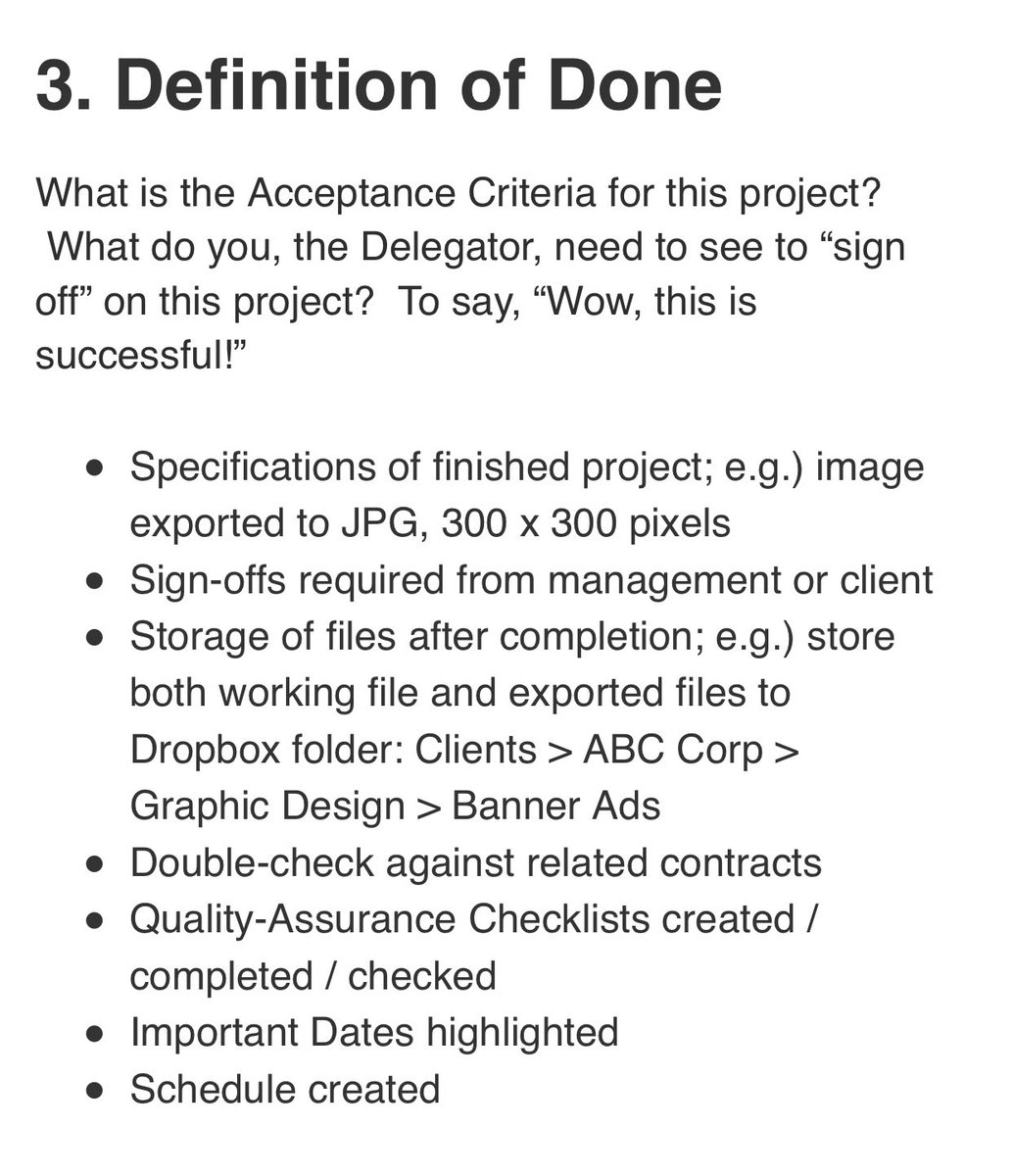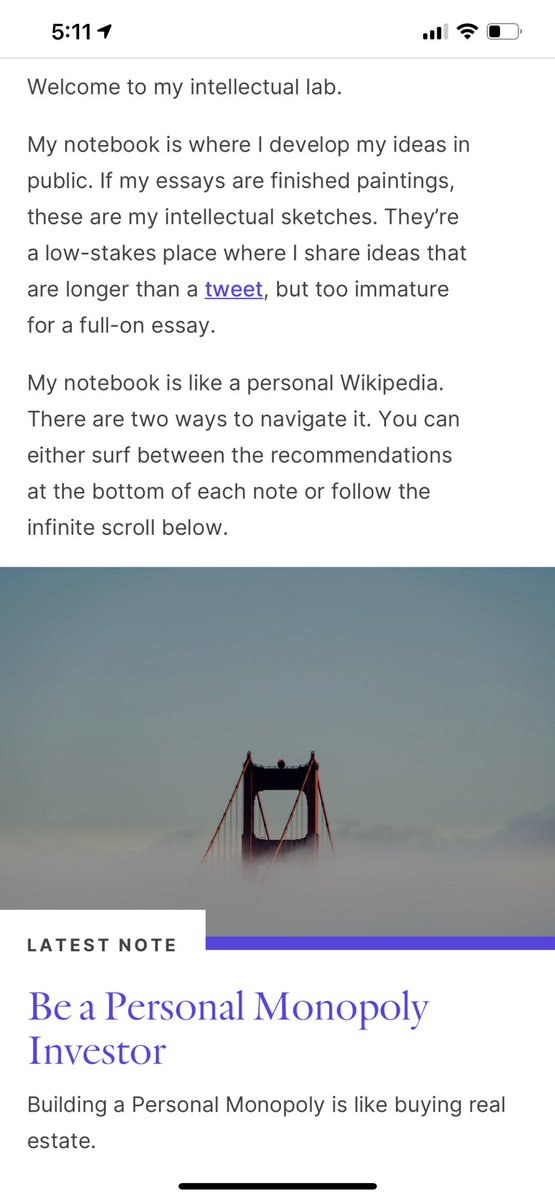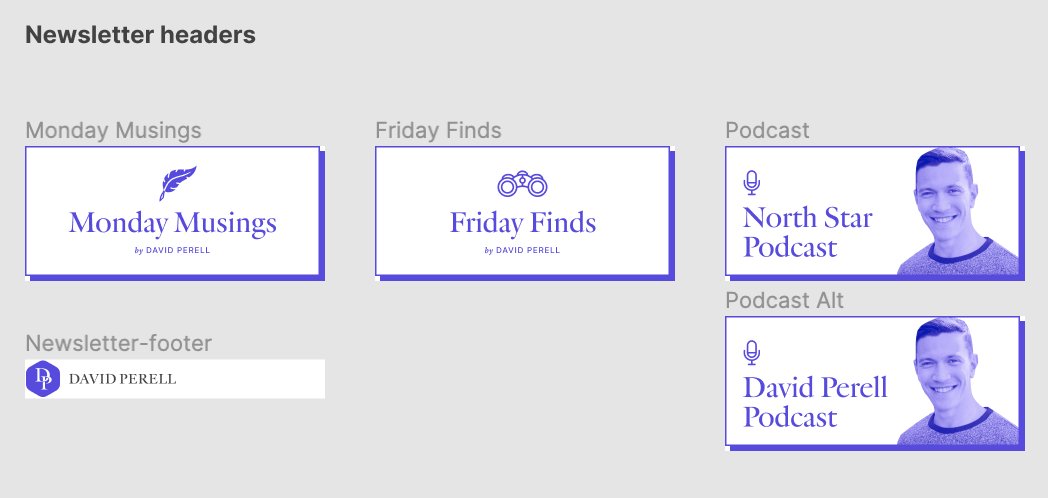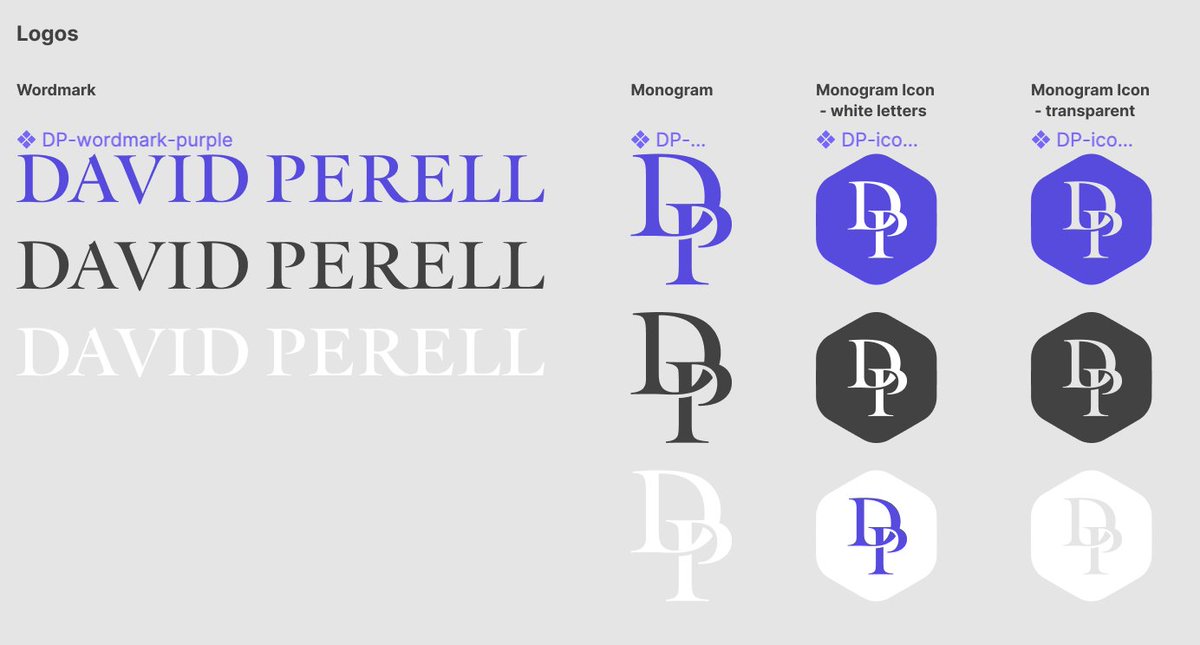
Albert Einstein, on writing.
Two things stand out:
1) Focus on clarity: Make your ideas as understandable as possible, and don't worry about beauty.
2) Repeat yourself if you need to: Difficult concepts need to be repeated, but your ideas should always feel fresh to the reader
Two things stand out:
1) Focus on clarity: Make your ideas as understandable as possible, and don't worry about beauty.
2) Repeat yourself if you need to: Difficult concepts need to be repeated, but your ideas should always feel fresh to the reader
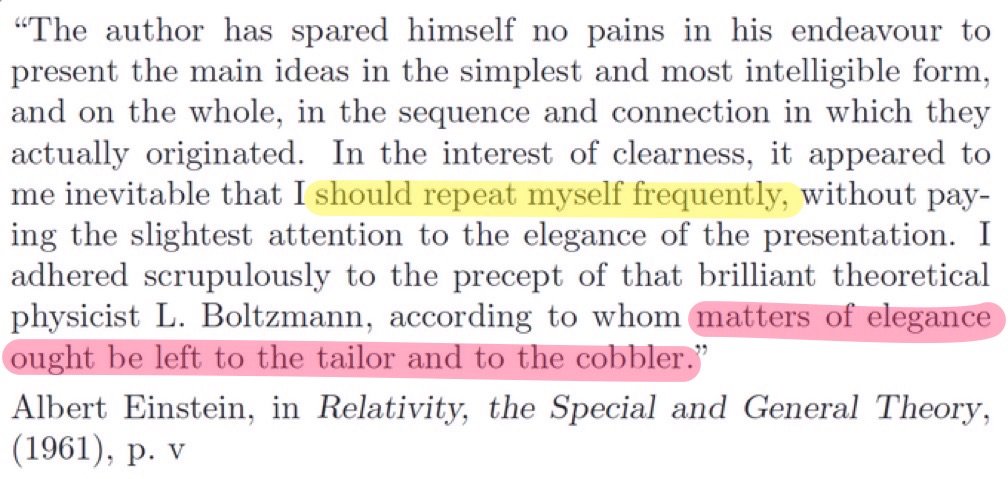
Einstein was talking about scientific writing, but it's a good counterweight to the verbose literary style most people learn in school.
In my own writing, I prize beauty. But I never focus on beauty until my essays are clear. Adding flair is the last thing I do before I publish.
In my own writing, I prize beauty. But I never focus on beauty until my essays are clear. Adding flair is the last thing I do before I publish.
Richard Hamming, one of the top scientists of the 20th century, said that good ideas aren't enough.
Everybody's busy, so writers must present their ideas well too. He said: "You have to sell it... If they don't stop and read it, you won't get credit."
(h/t @MarcRuby)
Everybody's busy, so writers must present their ideas well too. He said: "You have to sell it... If they don't stop and read it, you won't get credit."
(h/t @MarcRuby)
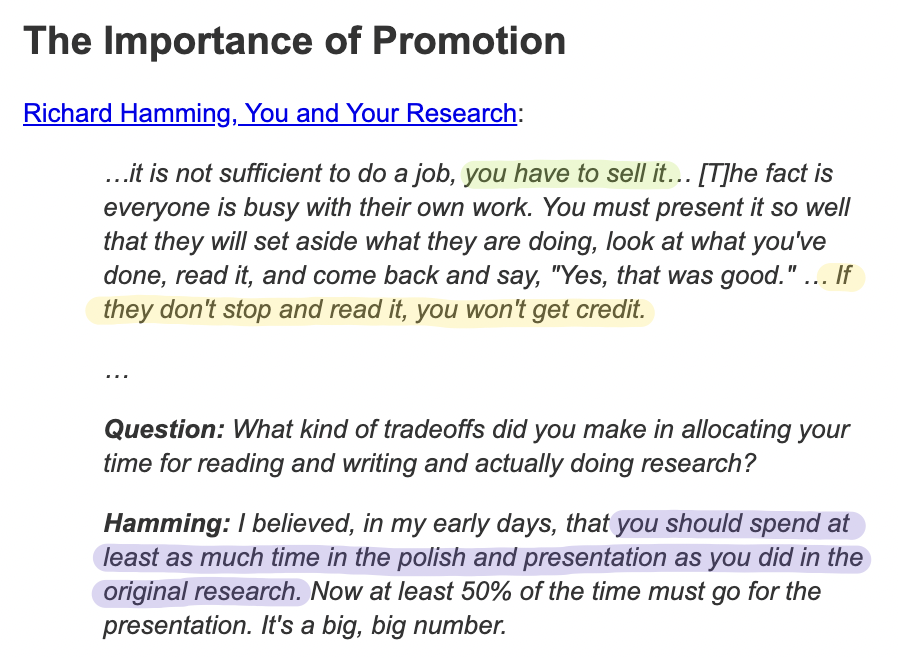
If you're serious about adding style to your writing, diversify your vernacular.
In your first draft, write like you talk. But in the following drafts, add color to your writing by using words that people know, but don't say.
Here's my mini-essay.


In your first draft, write like you talk. But in the following drafts, add color to your writing by using words that people know, but don't say.
Here's my mini-essay.
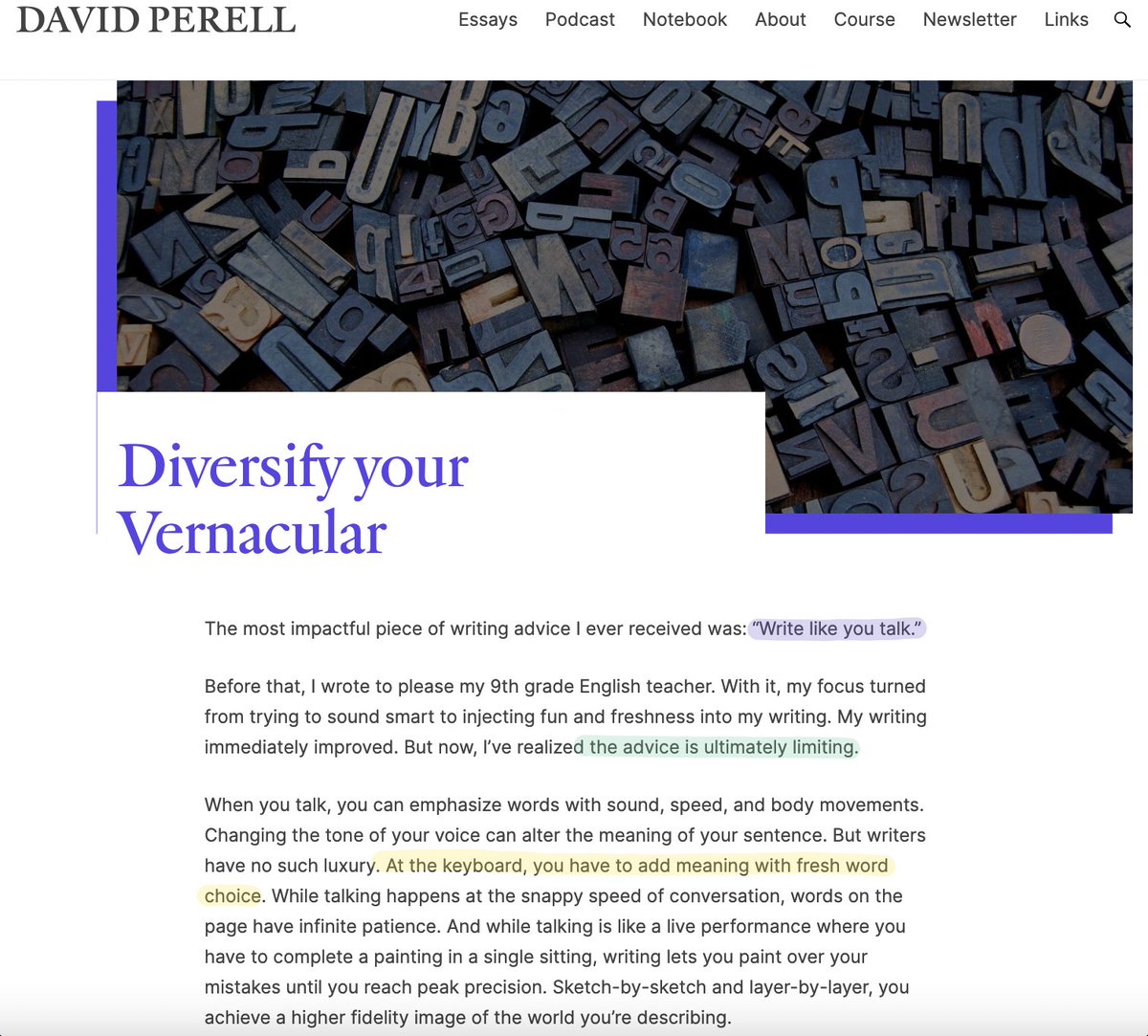
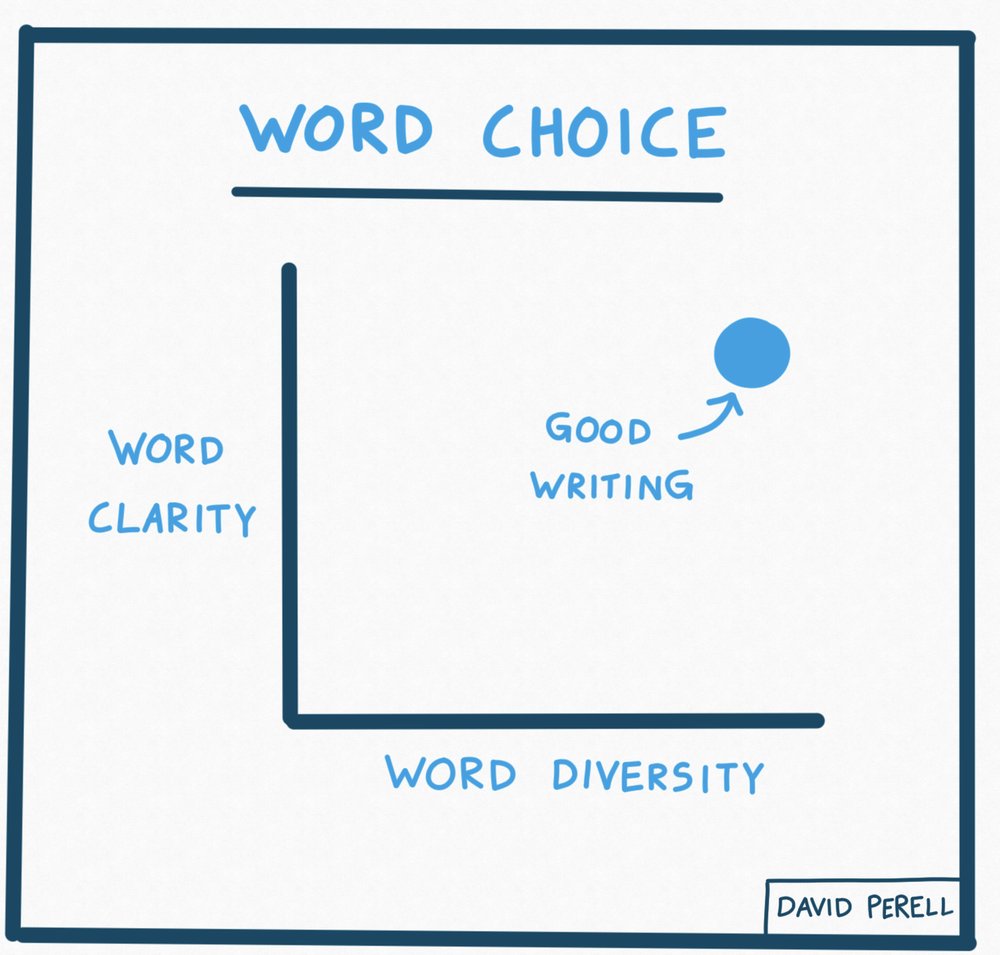
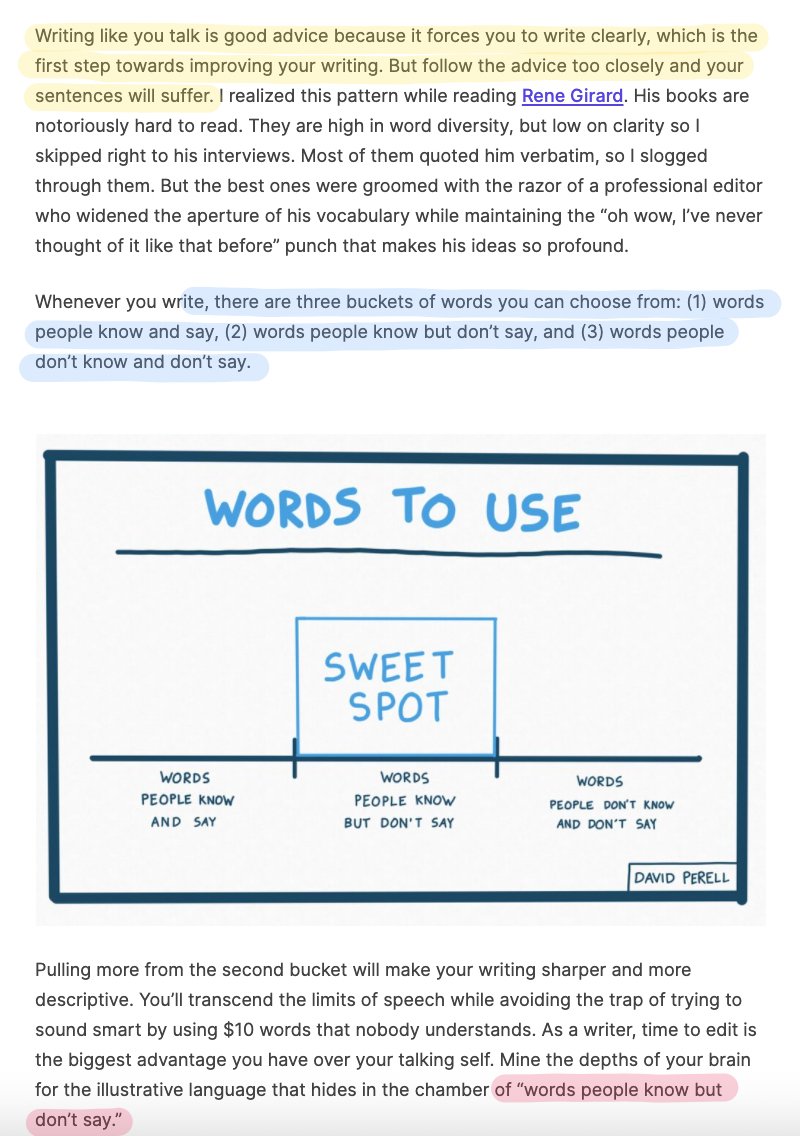
• • •
Missing some Tweet in this thread? You can try to
force a refresh

